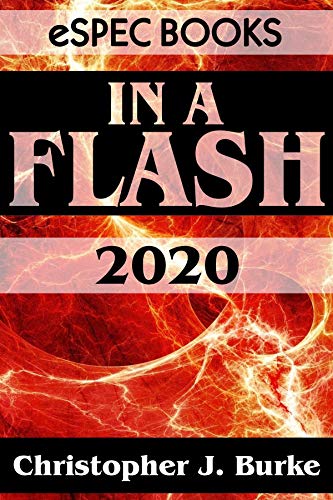Every now and then, I like to pick up a book about math (rather than a generic "math book"). I'm not sure what I'm looking for, and what I might find that I haven't seen before. One thing I know: I usually get lost or bogged down halfway through when I get to long series of equations that I possibly could get through if I bothered. The problem is that after a while I don't want to bother.
Readability is the first factor in favor of The Pleasures of Pi,e and Other Interesting Numbers (2006) (Note: I'm not sure if there is supposed to be a space between the comma and the "e" or not. There is a picture of a pie on the cover, so I suspect no space.)
Y E O Adrian, M.A., Ph.D. (Cambridge University), keeps the tone of the book light and interesting for the first 140 pages or so. In each chapter, the reader will be shown a series on the left-hand page, and a passage with some explanation, interesting fact or even encouragement for the reader to figure something out on the right-hand page. The first few series tend to infinity (with an explanation of what that means), but soon the sums start to converge on 1 or 2 or some multiple or fraction of e or pi.
Are there proofs of these sums? Sure. They're just let for later. The back 100 pages lists the proofs from easy to advanced, relying on things previously established, and explaining in a way that's easy to comprehend. I think high school students (ones who have had trigonometry) will be able to follow along.
It was a nice little diversion from my usual summer fare. I enjoyed reading it, and I would recommend it to anyone looking for a "fun" math book to read. Yes, some of those actually exist. It's not a null set.
One final note -- and this was almost the lead, but I held off out of respect -- if you were to remove the interesting number, e, from the author's name, what would you have left?
YO Adrian!
A Rocky finish to my review, to be sure.
EDIT (7/28): Forgot to mention: library book, softcover. Sometimes when looking over the books I've read, I like to keep track of the ones that I bought (new or used) or borrowed (from friends or libraries) and for that matter, if they're even printed on paper anymore! Five of the last six books I read were e-books, but I've still read fewer that a dozen of those.
Irregular Webcomic! #3037
6 hours ago

















4 comments:
I thin the comma is there to keep the possibility of pie, but to emphasize that pi and e are distinct.
Also, isn't it true that Yeo is pronounced "yo", like in Yeoman?
Y E O are three distinct letters, with spaces, but no periods, between them.
That said, yes, "yeo" would be pronounced "yo". That hadn't occurred to me.
That of course means that, without the e, you would have Y O, but license was taken in a lot of spots.
Post a Comment